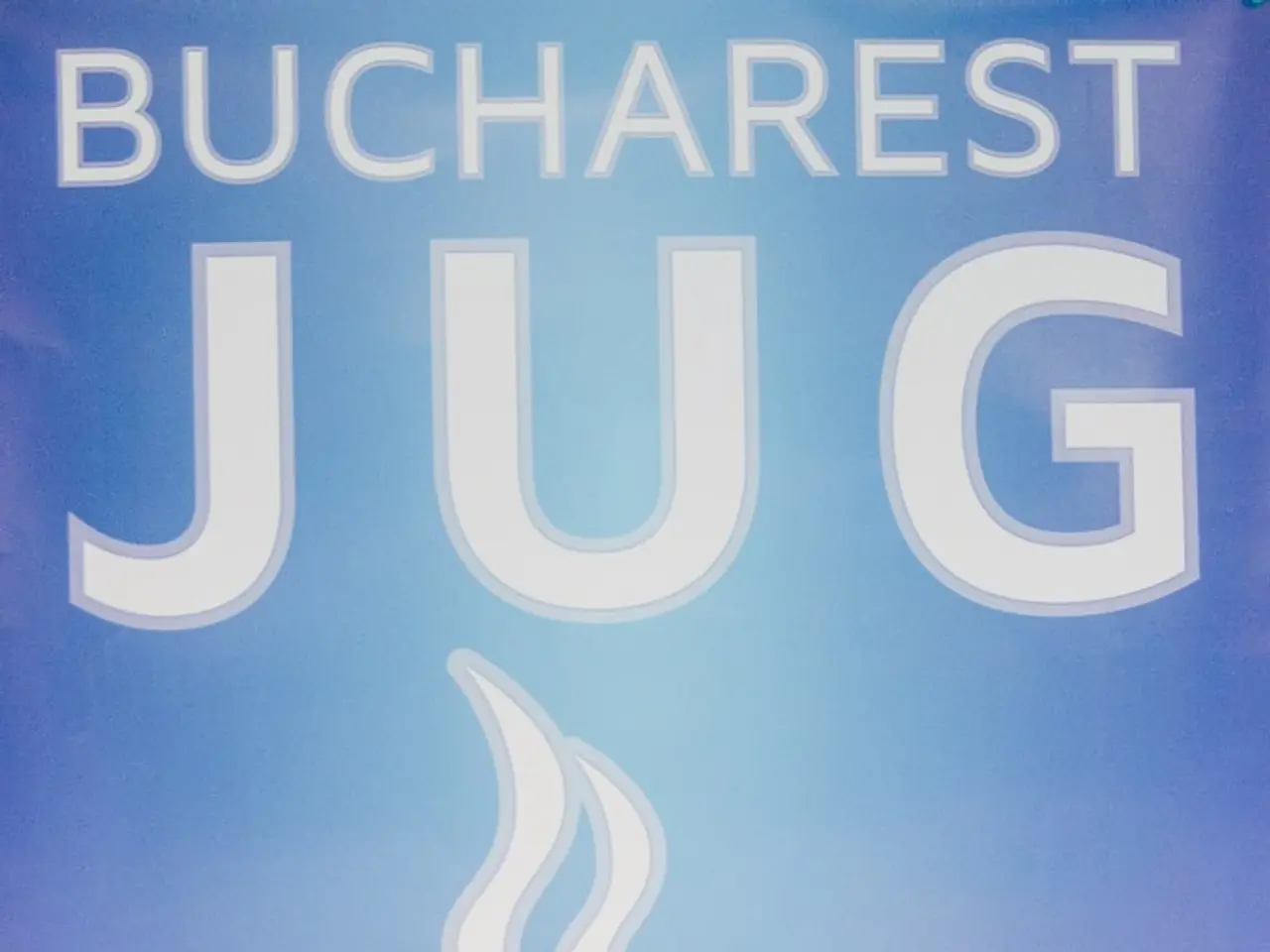Fintech startup iKhokha gets bought by Nedbank for $94 million dollars
Nedbank Acquires Fintech Startup iKhokha to Boost SME Support
Nedbank Group, one of Africa's largest banking groups, has announced its acquisition of South African fintech startup iKhokha in a deal worth ZAR1.65 billion ($94 million). This strategic move aims to significantly enhance and deepen Nedbank's support for small and medium-sized enterprises (SMEs) through digital innovation, inclusive financial services, and an expanded ecosystem targeting this high-growth segment.
Founded in 2012 by Matt Putman, Ramsay Daly, and Clive Putman, iKhokha has been instrumental in making financial services more accessible and affordable for hundreds of thousands of entrepreneurs. The fintech startup offers card machines, digital payment solutions, and business tools, processing over ZAR20 billion annually in digital payments and distributing over ZAR3 billion in working capital to SMEs.
With the acquisition, iKhokha will continue to operate under its own brand and leadership as a wholly owned subsidiary of Nedbank. The combined strengths of iKhokha and Nedbank will result in a differentiating and highly competitive value proposition for SMEs, a sector that accounts for 80% of employment and significant economic activity in South Africa.
Ciko Thomas, group managing executive for personal and private banking at Nedbank, expressed his excitement about the acquisition, stating, "This acquisition marks a significant milestone in Nedbank's strategy to empower the SME market."
The acquisition strengthens Nedbank's position in South Africa's rapidly growing SME fintech market, which is projected to reach $65 billion by 2030. By combining credit, payment, and business management tools within an integrated ecosystem, Nedbank aims to build "sticky" customer relationships with SMEs through bundled digital services and real-time financial insights.
The iKhokha leadership team is proud of the acquisition by Nedbank, with great alignment between the two teams on the synergies that can be unlocked through this transaction. They remain committed to their mission of empowering entrepreneurs and building tools that help small businesses thrive.
The acquisition also opens the door for iKhokha to explore expansion into other strategic markets on the continent. The deal is an all-cash transaction, subject to customary regulatory approvals, and is expected to be concluded in the coming months.
This move by Nedbank underscores the growing importance of fintech startups in the African financial services industry. The acquisition of iKhokha is intended to strengthen Nedbank Group's position in the digital payments and financial services market for SMEs, promoting financial inclusion and unlocking new growth opportunities domestically and potentially beyond South African borders.
References:
[1] Nedbank. (2021). Nedbank acquires iKhokha to boost SME support. Retrieved from https://www.nedbank.co.za/news-and-insights/press-releases/2021/june/nedbank-acquires-ikhokha-to-boost-sme-support
[2] Fin24. (2021). Nedbank to buy iKhokha in $94m deal to boost SME offering. Retrieved from https://www.fin24.com/Companies/Nedbank/nedbank-to-buy-ikhokha-in-94m-deal-to-boost-sme-offering-20210614
[3] BusinessTech. (2021). Nedbank to acquire iKhokha in R1.65 billion deal. Retrieved from https://businesstech.co.za/news/banking/475298/nedbank-to-acquire-ikhokha-in-r1-65-billion-deal/
[4] MyBroadband. (2021). Nedbank to buy iKhokha in R1.65 billion deal. Retrieved from https://mybroadband.co.za/news/business-news/436396-nedbank-to-buy-ikhokha-in-r1-65-billion-deal.html
Founders Matt Putman, Ramsay Daly, and Clive Putman, who founded iKhokha in 2012, will continue to lead the fintech startup as a wholly owned subsidiary of Nedbank. The acquisition of iKhokha by Nedbank Group, a leading African banking group, aims to provide more inclusive financial services to small and medium-sized entrepreneurs in the fintech industry. The partnership between iKhokha and Nedbank will offer a highly competitive value proposition for SMEs, potentially expanding into other strategic markets on the continent.




